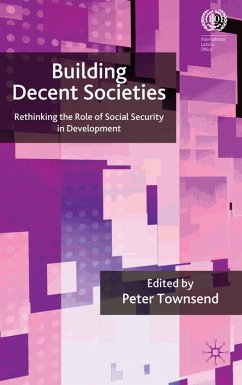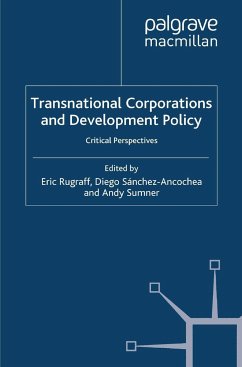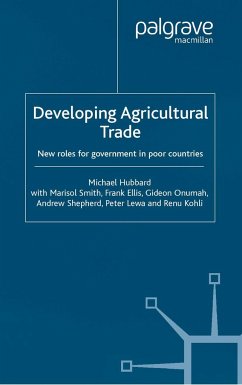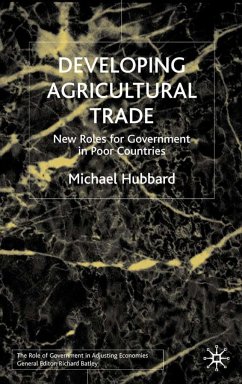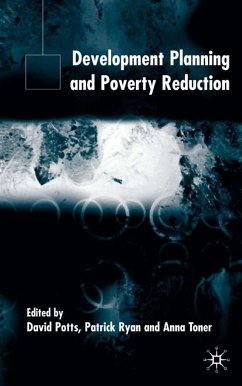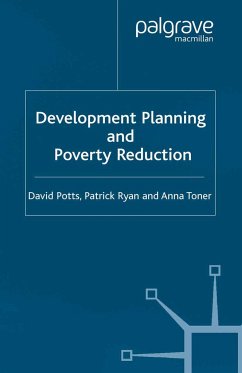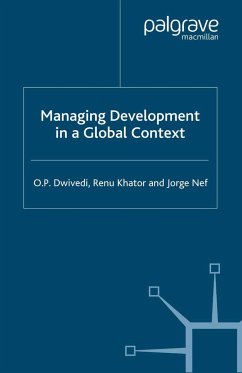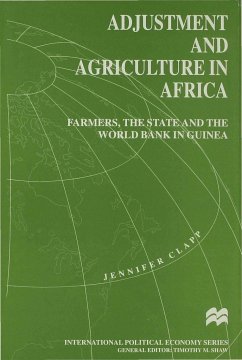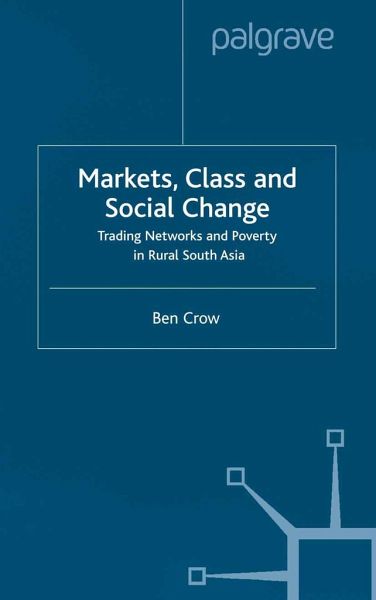
Markets, Class and Social Change
Trading Networks and Poverty in Rural South Asia

PAYBACK Punkte
38 °P sammeln!
At the beginning of the twenty-first century an idealized view of markets informs government policy. Real differences in how markets interact with social change are obscured and public action on poverty is constrained. Markets, Class and Social Change uses a detailed study of the grain trade in Bangladesh to show how socially-constrained patterns of market involvement may systematically benefit the rich while disadvantaging the poor. More generally, the book suggests that markets are implicated in the making of society, its divisions, identities and directions.





